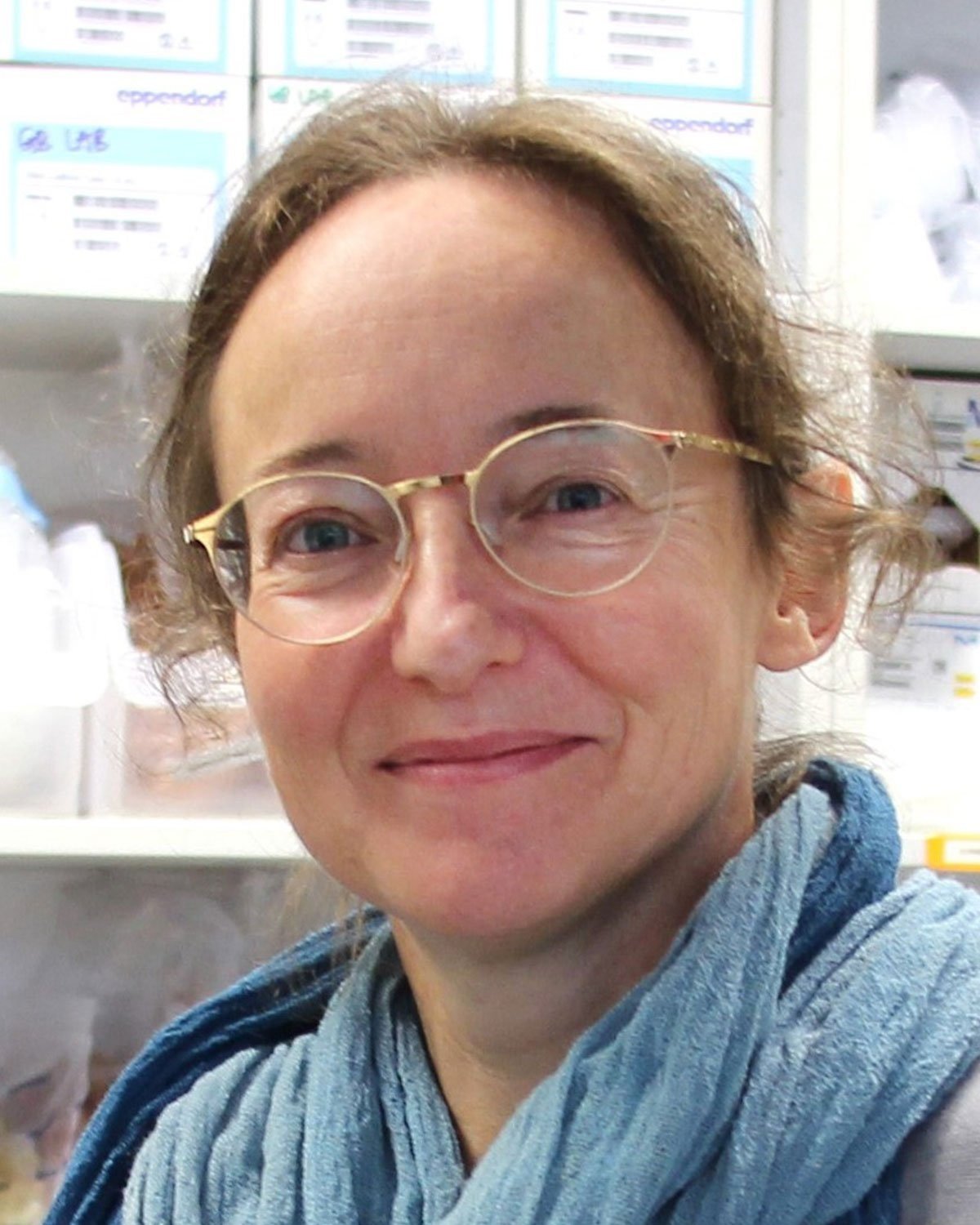ANNE GRAPIN-BOTTON
BIOGRAPHY
Anne Grapin-Botton initially studied nervous system (PhD with Nicole Le Douarin, College de France) and endoderm development (Post-doc with Doug Melton Harvard University). She held group leader positions at ISREC and EPFL (Lausanne, Switzerland), DanStem (University of Copenhagen) and since 2018 at the Max Planck Institute MPI-CBG in Dresden, Germany.
The Grapin-Botton lab investigates how the 3D structure of the pancreas is established during fetal life. To do so, they use mouse genetics, imaging and they developed mouse and human organoid systems. These studies enable them to gain insight into human syndromes impairing pancreas development.
TOPIC: ENGINEERING PANCREAS ORGANOIDS FROM MOUSE PROGENITORS AND HUMAN PLURIPOTENT STEM CELLS
To understand pancreas development, as a complement to in vivo investigations, we designed simplified in vitro systems that can be monitored and manipulated more extensively than the whole embryo. We established three-dimensional culture conditions that enable the efficient expansion, differentiation and morphogenesis of pancreatic progenitors isolated from mouse embryos, human fetuses or produced from human pluripotent stem cells.
The mouse system is architecturally the most elaborate, encompassing all epithelial pancreatic cell types spatially arranged similarly to the developing organ in vivo. We investigated the mechanisms leading to organoid self-organization, notably lumen formation, branching, differentiation and collective movements.
The human system enables robust expansion, cryopreservation, differentiation and morphogenesis of human pancreatic progenitors. We benchmarked the system to human development by single-cell sequencing and functional assays. We also used it to perform a screen for molecules controlling human pancreas progenitor expansion, morphogenesis and differentiation.
The system developed enables to address the mechanisms of pancreas development, a process normally hidden from us in the womb, as well as the function of genes controlling architectural events and morphogenesis operating in 3D. The human organoids also open a way to address whether some genes identified in genome-wide association studies (GWAS) control the development of beta cells thereby predisposing to diabetes later in life.
We initiated this process by studying the effect of GLIS3 in human development and started to clarify the mechanisms by which it promotes diabetes and pancreatic cysts.

